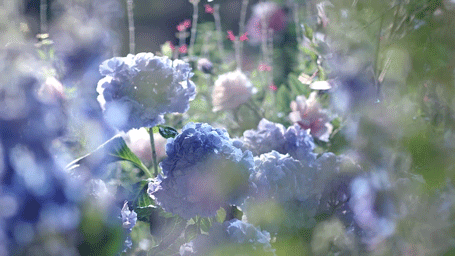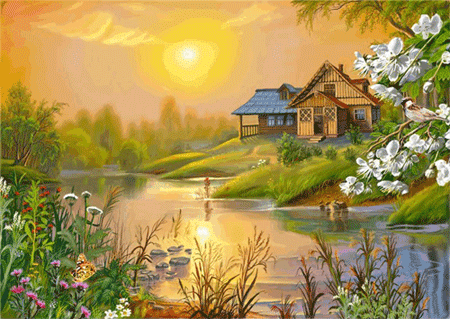
Once upon a time in the city of Mathila, there was a king who had two sons. The older one was named Badfruit, and his younger brother was called Poorfruit.
While they were still fairly young, the king made his older son the crown prince. He was second in command and next in line to the throne. Prince Poorfruit became commander of the army.
Eventually the old king died and Prince Badfruit became the new king. Then his brother became crown prince.
Before long, a certain servant took a disliking to Crown Prince Poorfruit. He went to King Badfruit and told a lie – that his brother was planning to kill him. At first the king did not believe him. But after the servant kept repeating the lie, the king became frightened. So he had Prince Poorfruit put in chains and locked up in the palace dungeon.
The prince thought, “I am a righteous man was does not deserve these chains. I never wanted to kill my brother. I wasn’t even angry at him. So now I call on the power of Truth. If what I say is true, may these chains fall off and the dungeon doors be opened!” Miraculously the chains broke in pieces, the door opened, and the prince fled to an outlying village. The people there recognised him. Since they respected him `they helped him, and the king was unable to capture him.
Even though he lived in hiding, the crown prince became the master of the entire remote region. In time he raised a large army. He thought, “Although I was not an enemy to my brother at first, I must be an enemy to him now.” So he took his army and surrounded the city of Mithila.
He sent a message to king Badfruit – “I was not your enemy, but you have made me so. Therefore I have come to wage war against you. I give you a choice – either give me your crown and kingdom, or come out and fight.” Hearing of this, most of the city people went out and joined the prince.
King Badfruit decided to wage war. He would do anything to keep his power. Before going out with his army, he went to say goodbye to his number one queen. She was expecting a baby very soon. He said to her “My love, no one knows who will win this war. Therefore, if I die you must protect the child inside you.” Then he bravely went off to war and was quickly killed by the soldiers of his enemy brother.
The news of the king’s death spread through the city. The queen disguised herself as a poor dirty homeless person. She put on old rags for clothes and smeared dirt on herself. She put some of the king’s gold and her own most precious jewellery into a basket. She covered these with dirty rice that no one would want to steal. Then she left the city by the northern gate. Since she had always lived inside the city, the queen had no idea where to go from there. She had heard of a city called Campa. She sat down at the side of the road and began asking if anyone was going to Campa. Continue reading →


















